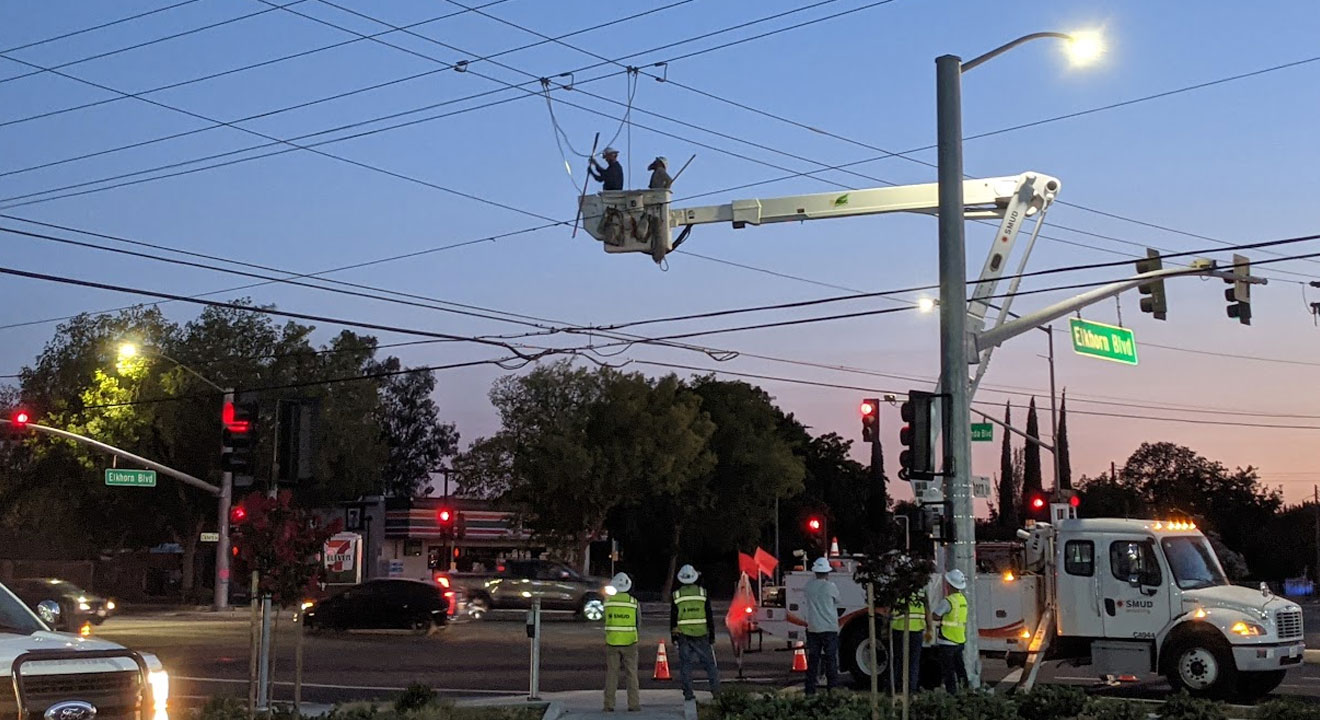By: Sue Frost

As we approach the budget cycle for the 2021/2022 fiscal year, I thought I would introduce a budget item that some may already be familiar with. In September of last year, the Board of Supervisors directed county staff to begin exploring the development of a mental health crisis response system (MHCRS). The purpose of the MHCRS is to provide urgent mental health resources to individuals in the midst of a mental health crisis. For too long in Sacramento County, and in jurisdictions throughout the country, the only response for those in crisis has been law enforcement. There seems to be a consensus, even among law enforcement, that status quo for mental health response needs to change.
One of the main issues is that in a mental health crisis, law enforcement lacks the training for a safe assessment and intervention and a trained professional can have a better impact. In Sacramento County, we have seen many successes with our Mobile Crisis Support teams (MCSTs) which are composed of a mental health professional and a law enforcement officer. However, even MCSTs are not right for all situations as the presence of law enforcement may escalate the crisis already occurring in the individual’s mind. In either scenario, the potential for harm to the person in crisis increases and any time it is possible, we want the risk to innocent lives reduced.
After several months of preparation and an outstanding amount of community input, county staff came to the board with a proposal in February. While the proposal that came forward was an excellent start, my colleagues and I had some concerns. For one thing, the pilot project proposed would only run five days a week between 9:00 am and 6:00 pm. Additionally, I had concerns that while there was ample community input, law enforcement did not appear to have been adequately consulted with. While we knew that the Sheriff had been involved, I wanted the various cities with individual police departments to provide input. Mostly, this was important because we wanted to know how these crisis calls would coexist with existing dispatch centers. We also needed to know if constituents would be able to access the MHCRS by calling a 3-digit number or a 10-digit number.
Staff returned to the board with an update and expanded proposal in March. The updated proposal addressed some of the Board’s concerns and we were able to instruct staff on how we expected to prefer to move forward when the budget comes up in June. The reason this item is being discussed with the budget is, of course, the fact that it needs funding. What was presented to the board in March had a scale of three versions of the MHCRS ranging in initial cost from $6.2 million to $10.7 million. Given that the Board’s preference is for a system that operates countywide, 24 hours a day and seven days a week with a standalone call center, the higher projected cost is what will have to be met. The $10.7 million also includes the expansion of the mental health urgent care center to ensure that individuals contacted by the newly formed mobile response teams can be taken somewhere for safe treatment.
Fortunately, there may be some relief for the county to cover the cost. Funds the County receives from the American Rescue Plan via the Federal Government may allow the county to be reimbursed for the cost of the mobile response team composed of a mental health professional and a peer support specialist. Beyond funding, a few other specifics remain to be finalized. For instance, county staff will need to determine what phone number will connect calls to the MHCRS. Unfortunately, all the x11 (i.e. 311, 211, etc.) 3-digit numbers are in use and a 10-digit number seems too long for an emergency situation. What may happen is an initial triaging of calls through 911 dispatch centers until the county may secure the ability to use 988 for the system which is the line proposed at the federal level for these types of programs.
Sacramento County is not the first municipality to go down this path. Our county staff looked at programs like “CAHOOTS” in Eugene, Oregon and the STAR Program in Denver, Colorado. All of these programs have seen great success in reducing incarceration and other, more severe outcomes for people in crisis. What I ultimately want for this program is for our communities to be safe for those struggling with mental health issues, for the mental health professionals who sign up to respond to these calls, and for our communities as a whole. Sacramento County is on the path to achieving this and I look forward to finalizing this program during the budget process in June.














